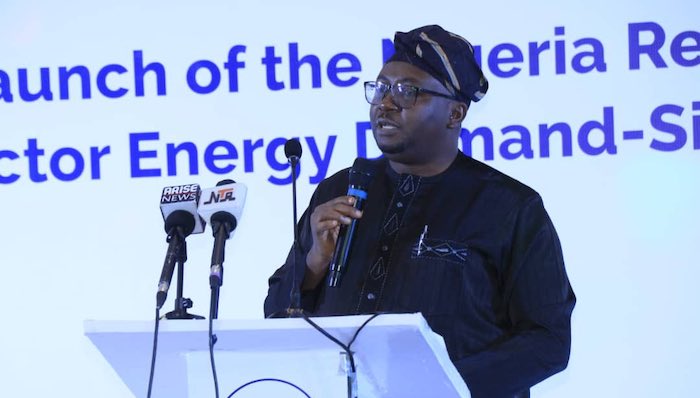The Minister of Power, Bayo Adelabu, emphasized the necessity for Nigeria to transition away from subsidizing electricity and towards implementing a cost-effective tariff model. He made this assertion during a briefing in Abuja, highlighting that the nation’s electricity subsidy budget falls significantly short of the required funds.
Adelabu outlined several technical and operational challenges contributing to the country’s electricity deficit, including gas shortages, ageing machinery, inadequate transmission and distribution infrastructure, and frequent disruptions from vandalism and theft. These issues have hindered optimal electricity generation and distribution.
He identified persistent liquidity issues, inappropriate tariff regimes, poor collections, and inadequate government subsidies as major complications within the electricity value chain. These challenges have resulted in significant debts owed to various components of the power sector, discouraging investments and making the sector unattractive to investors.
The minister proposed a roadmap for stabilizing the power sector, including the settlement of outstanding debts to gas supply and power generation companies. Additionally, he highlighted ongoing efforts to improve power supply, such as the completion of hydroelectric power plants, resuscitation of small and medium-sized hydro plants with solar hybridization, and the earmarking of funds for building mini-grids in remote areas.
Adelabu also addressed frequent grid collapses, attributing them to gas shortages, ageing infrastructure, and low capacity to evacuate generated power. He emphasized the need for completing abandoned transmission projects and ensuring adequate security for power infrastructure.
The minister’s remarks underscore the challenges facing Nigeria’s power sector and the urgent need for comprehensive reforms to address them. Achieving a stable and reliable electricity supply is essential for the country’s economic development and social well-being.
